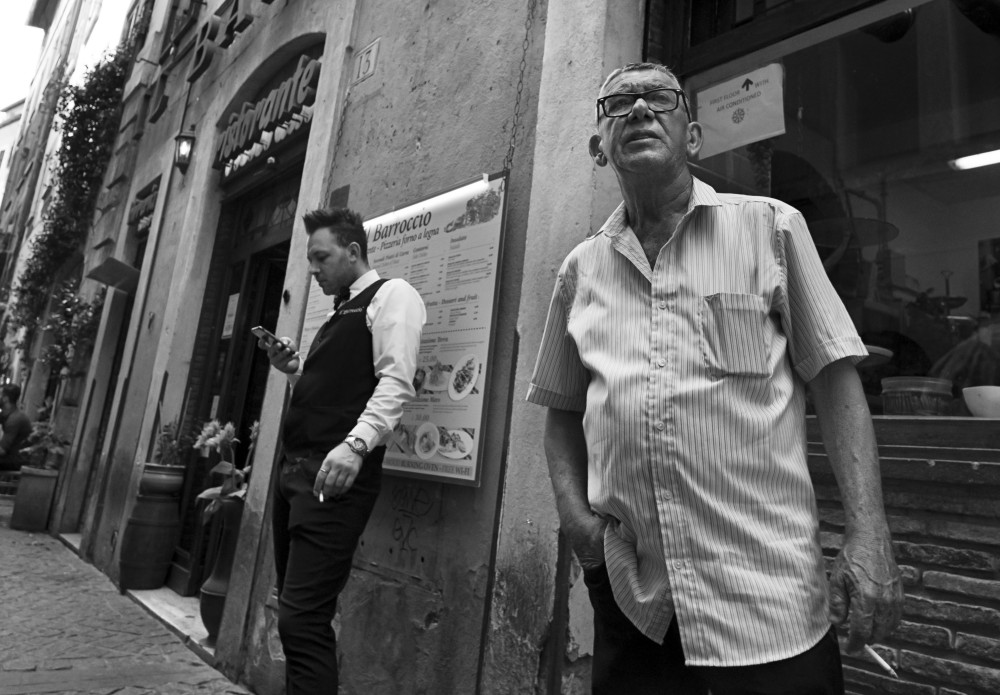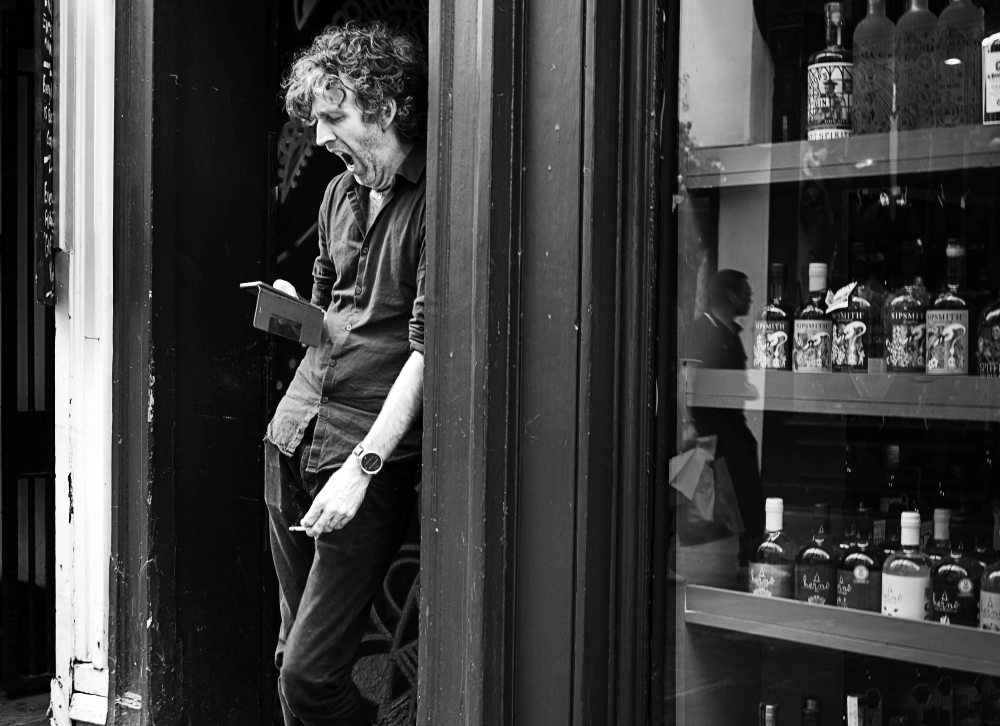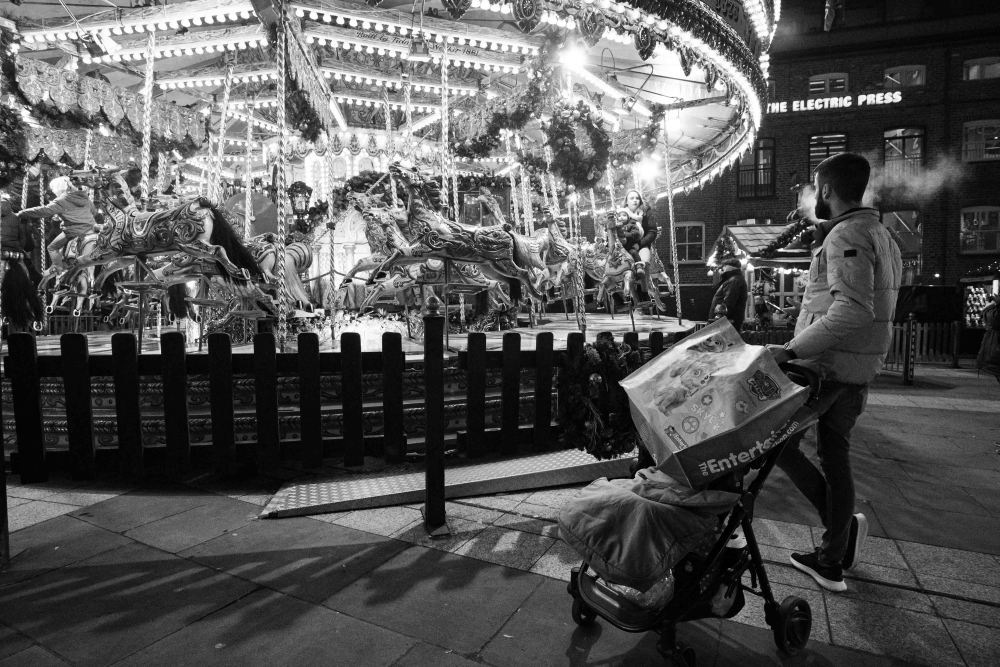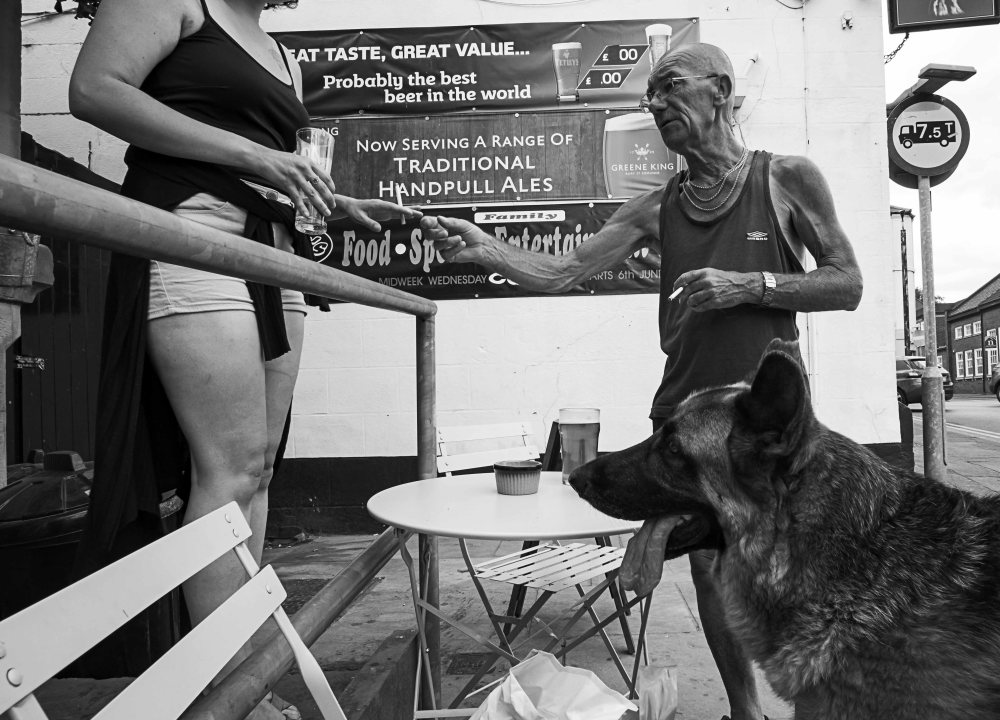Fire Stick
by Robert Bannister
“I didn’t like having to explain to them, so I just shut up, smoked a cigarette, and looked at the sea.”
― Albert Camus, The Stranger
“Get yourself some sweets at the same time and ask for Twenty Super Kings” my mother would say to me. The man behind the counter would tower over me and chuckle as he confirmed with a smoke induced gravelly voice, they were not for me.
I grew up in a world of smoking and promoted by every actor or actress on TV. It was always the last thing anyone had before dramatically passing away in a movie scene or having sex. It was cool to stink and up the odds of getting cancer during a time of medical innocence. Luckily it never appealed to me, as I drew on my last confectionary cigarette, before dying from an arrow shot at me by Big ‘Chief Sitting Bull’ I did manage to pull the arrow out and snap it in half as an act of defiance, like my hero, ‘Big Leggy’, John Wayne. It was more proof of a time when smoking was glorified and not vilified.
The crooners wafted the smoke around as they serenaded the beautiful ladies. You knew they were ladies, as they had cigarette holders like Audrey Hepburn in ‘Breakfast At Tiffany’s. All the men had nicotine stained hands, so they were pleased to be in an era of black and white. In the army, people smoked to calm the nerves and more often than not just to have a break from marching and digging. After the world wars, smoking was as ingrained as the battle scars that came back with them. ‘Smoko’ was the terminology used for a break whilst at work.





At school, all my friends would gather around at break time to have a crafty fag, looking out for the passing duty guard, wafting their hands frantically to disperse the clouds. With the discovery of kissing, I decided not to take part in Sir Francis Drake’s discovery. I did not want to taste like an ash tray, as many of my willing kissers did. Sadly I have never been a James Dean, so I had to take what kisses I could.
When I left school and discovered pubs and beer, I found they went hand in hand. A night on the town guaranteed a wash of all your clothes the next day. Your eyes would smart as the fog hung in the bar areas. According to statistics, from 1948 to the early seventies, eight in ten people smoked. That is a very smoky room and one did not even have to smoke a cigar, to have the squinty eyes made famous by Clint Eastwood.
I suppose the only time I have been tempted to smoke, is the cigar kept warm by Monica Lewinski for president Clinton, but even then, I would not inhale.
Today though, beyond the world of pipes, cigarettes and cigars where the once sociable groups have been cast out to the doorways of the world, are down to two in ten people smoking.
There is no doubt, that smoking has been seen as quite sexy in photography and cinematography. I myself, with this portfolio have taken advantage of that fact. The onset of vapes have increased the dramatic smoke clouds, I do not know what the health benefits of those are, but the increased image benefits are many.
Keep your shutter speeds high and with high ISOs to give’ grungy, grainy and gritty images. I just hope nobody dies to produce such moody pictures.
Worldwide cancer incidence and mortality reflects smoking prevalence, among other factors.
Worldwide 1 billion adults (800 million men and 200 million women) currently smoke cigarettes. This is an underestimate of total tobacco exposure worldwide, as it does not include childhood smoking, smokeless tobacco or second-hand smoke. Cigarette smoking prevalence varies widely around the world, and over 80% of the world’s adult male smokers, and half of the world’s adult female smokers, live in low- or middle-income countries.
Tobacco use kills almost 6 million people worldwide each year, with nearly 80% of these deaths in low- and middle-income countries. Each year 600,000 non-smokers worldwide die from exposure to environmental tobacco smoke. By 2030 tobacco will kill a predicted 8 million people worldwide each year. Tobacco use caused 100 million deaths worldwide during the 20th century, and if current trends continue it will kill 1 billion people in the 21st century.
Worldwide smoking prevalence is overall increasing. However, different countries are at different stages of their tobacco epidemic, a model in which smoking prevalence increases, stabilises and eventually decreases, and some decades later the proportion of tobacco-attributable deaths follows a related curve of increase, stability and decrease. Low- and middle-income countries are generally in the earlier stages, with smoking prevalence increasing, therefore the proportion of tobacco-attributable deaths in those countries is expected to increase; in contrast most high-income countries are in the later stages, with falling smoking prevalence and stabilising or falling proportion of tobacco-attributable deaths.
If you want to see true smoking images that show legitimate outcomes, look at a packet of cigarettes. Formula one sponsors are no more and advertising has been driven underground. The once sociable gathering of smoke rings has become a frowned upon doorway annoyance.
Funny until he dies
Now where is that Cuban cigar, kept warm for me by Ms Lewinski?






























